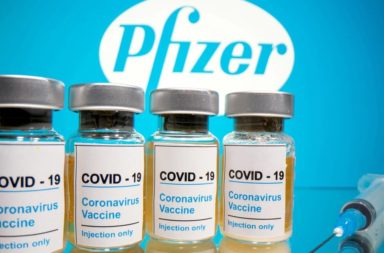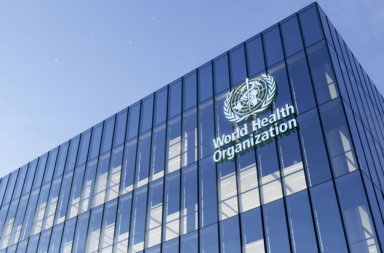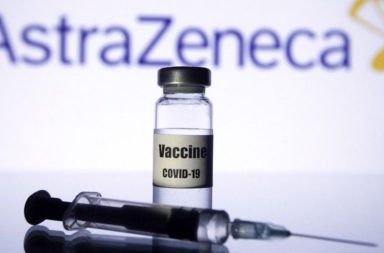PGIMER is conducting a clinical trial of a drug called Mycobacterium W (Mw). AIIMS Delhi and AIIMS Bhopal will also conduct a multi-center clinical trial of a drug. The drug was created in the 1960s as an immunomodulation drug for leprosy.
Mycobacterium W (Mw) is an immunomodulation drug for leprosy The drug was previously tested PGIMER researchers. The team treated on gram-negative sepsis, a severe blood disease, on severe COVID-19 patients. The drug was effective in reducing the mortality rate in patients suffering from the disease.
The Drug Controller of India approved the clinical trial. It will be carried out by doctors from the Pulmonary medicine department of the institute. The trial will include 40 patients who have given their due consent. The patients are in ICU at the three centres.
Out of 40, half of the patients will be injected with the Mw drug and the rest of the 20 will only be administered plain water as a placebo. Apart from this, COVID-19 patients will be treated with symptomatic treatment and care for the disease. The trial will be continued until a period of six months and all the patients will be monitored closely to keep a check on developing any adverse side effects.
The researchers hope that the drug will reduce the mortality rate in critically ill CVOID-19 patients and will make recovery faster. The drug is also expected to protect the close contacts of COVID-19 patients and healthcare staff by boosting their natural immunity. This will protect them from this life-threatening disease.
“In this preliminary study with Mycobacterium w, we mainly plan to include all critically ill patients with COVID-19, irrespective of other associated illnesses. We are also exploring the possibility of using this for COVID-19 patients with milder symptoms, and as a preventive strategy in healthcare workers and contacts of patients with COVID-19,” said Dr Ashutosh Nath Aggarwal, Head of Pulmonary Medicine at PGIMER.
One of the faculty members said “Mw is an immunomodulation drug, which means that it boosts or enhances one’s immunity towards infections,” said a senior faculty member from the institute, who wished to remain anonymous. “Critically ill COVID-19 patients have a larger number of cytokines which lead to life-threatening complications such as organ failure as has been observed globally, and it is believed that this drug can potentially decrease cytokine levels in one’s blood and decrease the mortality rate.”
The byproducts of a protein called Cytokines. They are formed by immune cells and are found in excess in patients whose bodies are fighting off severe infection. But it was not that successful as expected to be. Also, the drug has never been used to treat viral infections before therefore its efficacy against COVID-19 is truly skeptical as of now.





